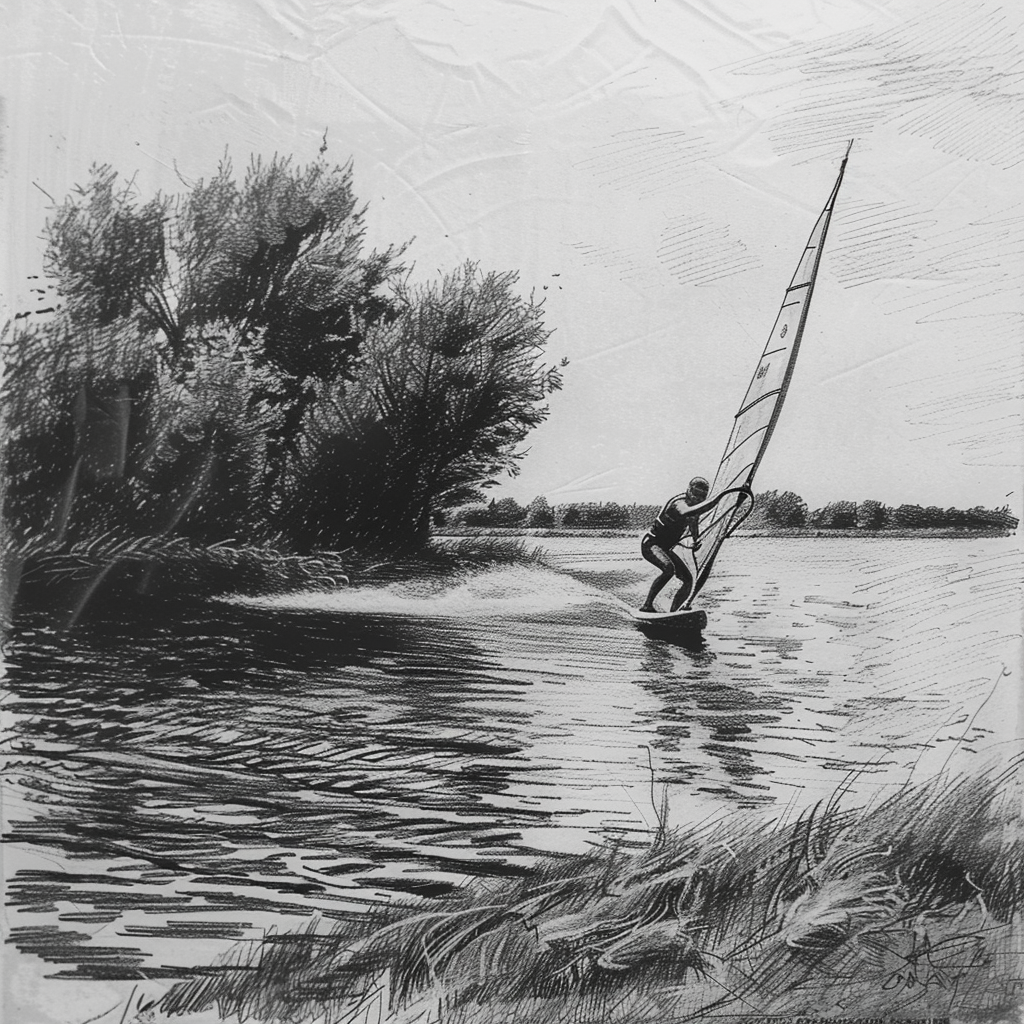In the GDR, there were only a handful of water ski clubs. Therefore, the competitions and the subsequent ceremonial award ceremonies had an almost family-like character.
This post has been moved. Please follow us on Medium to read and/or listen (!) to it in full.
The Bright Side of the Doom, a Prequel to 1984, The 18-Year-Old Who Wrote a Note and Disappeared is now available worldwide in bookstores as a hardcover, paperback, and e-book‼️
